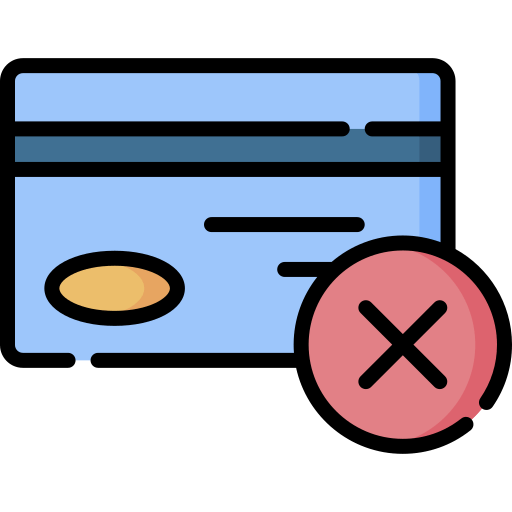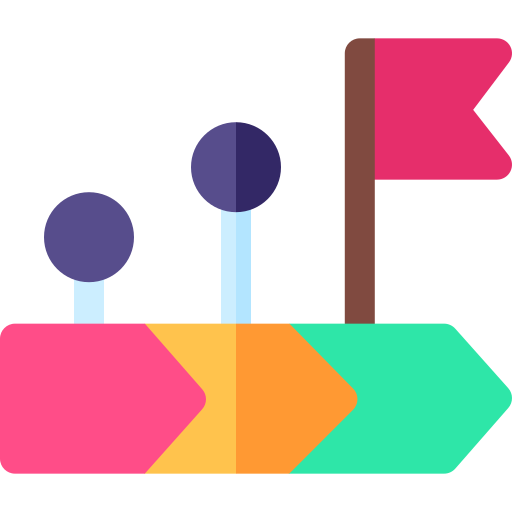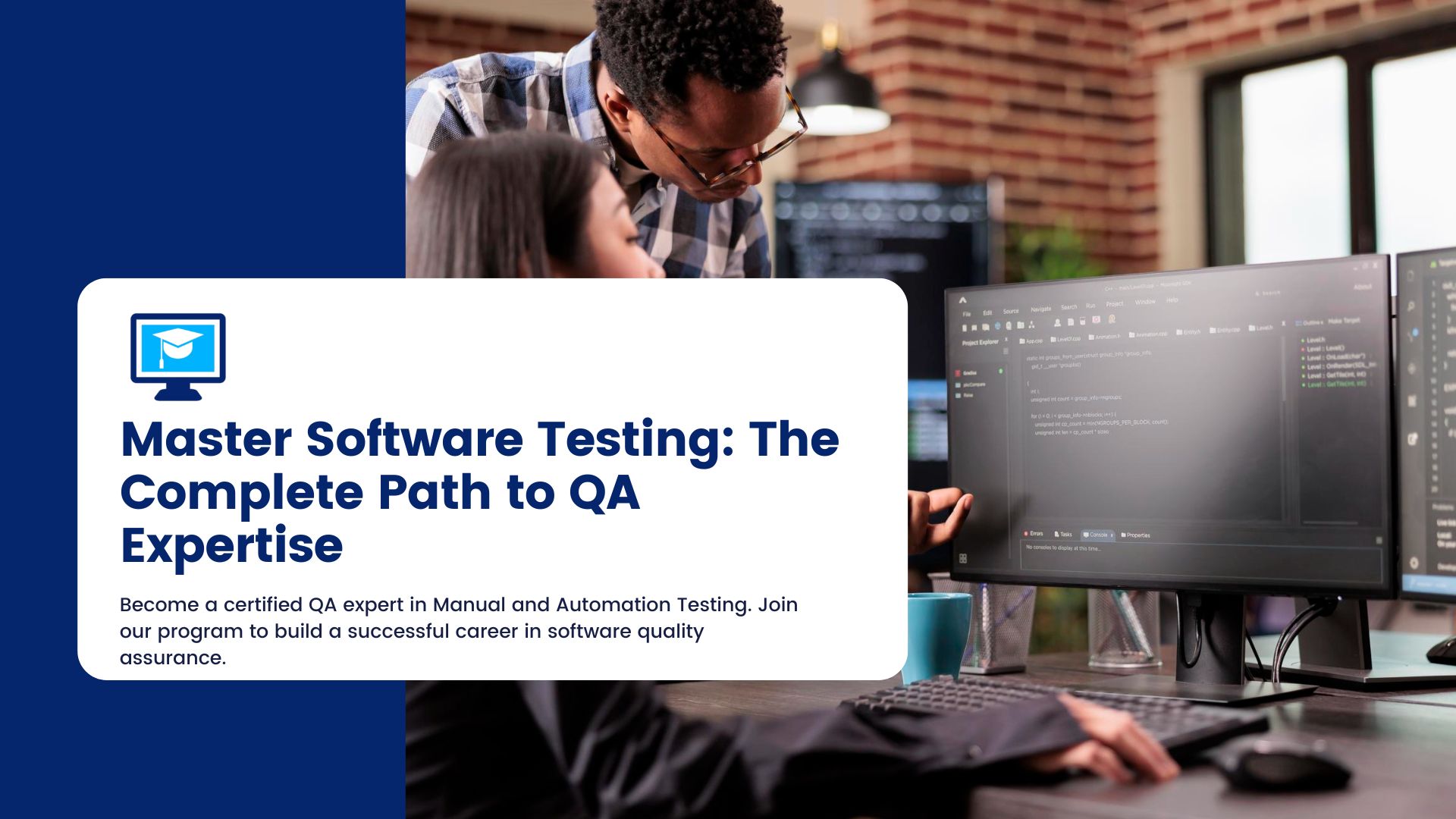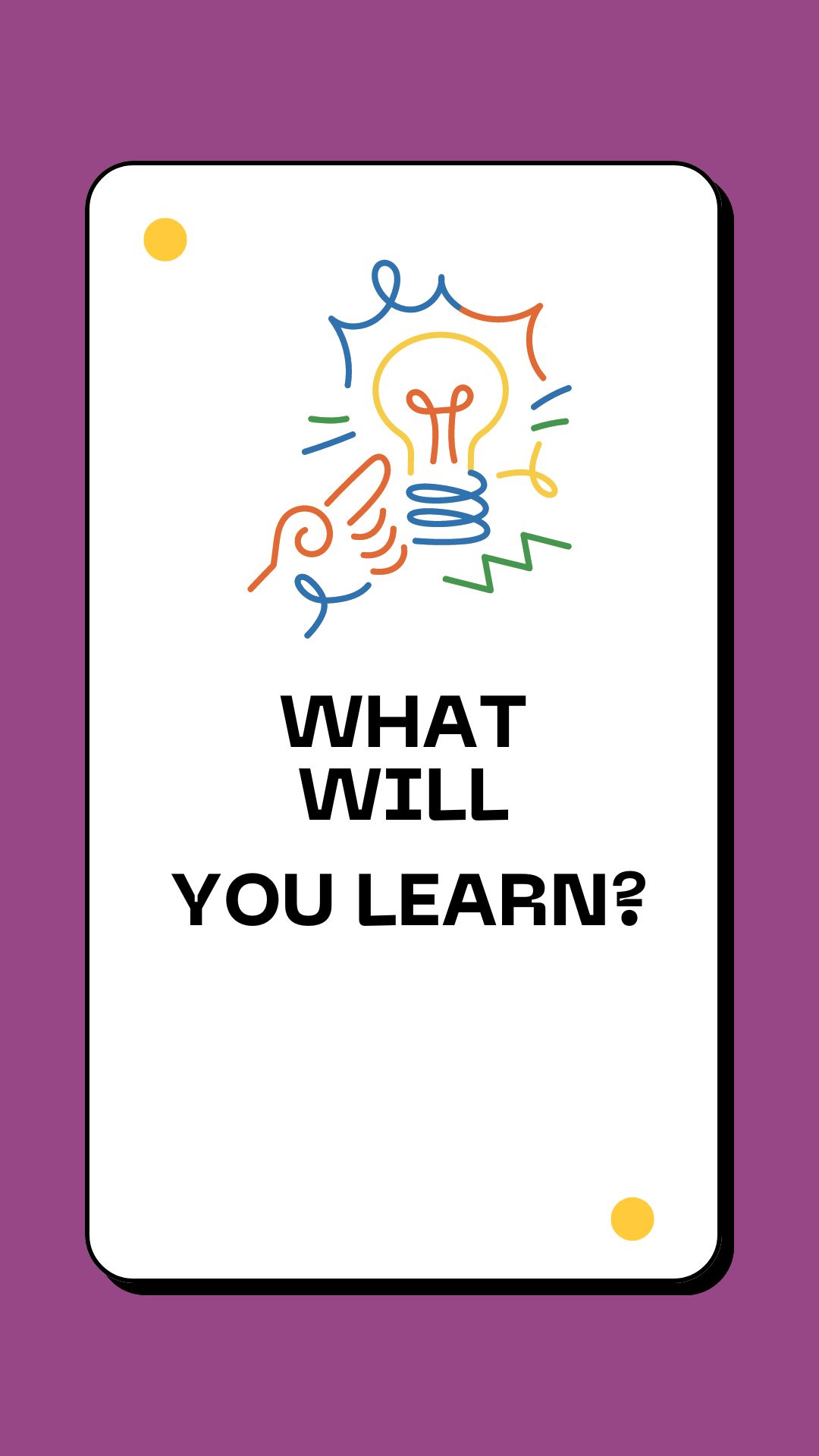Master the Art of Software Testing: Manual, Automation, and API Testing
Master manual, automation, and API testing through hands-on training and real-world projects, preparing you for a range of testing roles.
Contact Us
+1-800-543-5571



About Career Path
The Master of Software Testing career path is designed for individuals seeking a comprehensive journey into the world of software testing, covering manual testing, automation testing, and API testing. This roadmap equips students with essential skills to excel in software testing roles, combining theoretical knowledge with practical, hands-on experience using industry-standard tools and frameworks. It is an ideal program for non-IT professionals or freshers looking to transition into the growing field of software testing.
Key Benefits
- Comprehensive Learning: Gain expertise in both manual and automation testing, making you a valuable asset to any QA team.
- Hands-On Experience: Work on real-world projects and test cases that mimic industry standards, ensuring you're job-ready.
- Career Growth: Receive guidance from industry-leading professionals and fast-track your career with in-demand testing skills.

Target Audience & Requirement
Target Audience:
- Non-IT professionals interested in transitioning into software testing.
- Fresh graduates seeking a career in software testing and quality assurance.
- Manual testers aiming to advance their careers with automation and API testing skills.
- Professionals looking to enhance their skill set with hands-on experience in testing tools and frameworks.
Requirements:
- Basic knowledge of software applications and computer usage.
- No prior experience in software testing or programming is required.
- Willingness to work on real-world testing projects and learn new tools.

What You'll Learn
- Manual Testing Fundamentals: Learn how to design, execute, and manage test cases to ensure software quality.
- Automation Testing with Selenium: Master Selenium WebDriver to automate web application testing across multiple browsers.
- API Testing with Postman: Learn to test APIs using Postman to validate requests and responses for backend services.
- Test Automation Frameworks: Understand and implement test automation frameworks like TestNG and Jenkins.
- End-to-End Software Testing: Gain complete knowledge of end-to-end testing, from planning to defect tracking.
Career Path's Courses
-
Java for Testers: Essential Skills for Automation Testing
This course provides essential Java programming skills tailored for software testers. Learn Java basics, control flow, OOPs, ...450 students enrolled -
Mastering Selenium WebDriver with Java
This course provides a thorough introduction to Selenium WebDriver with Java. Learn how to set up Selenium, interact with ...561 students enrolled -
Mastering TestNG with Java and Selenium WebDriver
This course provides in-depth training in TestNG, a powerful testing framework used with Java and Selenium WebDriver. Learn ...30 students enrolled -
Cucumber BDD with Java Selenium WebDriver
This course provides a complete introduction to Cucumber BDD with Java and Selenium WebDriver. Learn to set up a BDD ...55 students enrolled -
Mastering Manual Testing Fundamentals
This course offers a detailed overview of manual testing fundamentals, designed for individuals new to the software testing ...543 students enrolled -
JIRA for Software Testers: Bug Tracking Course
This course offers comprehensive training on using JIRA for software testing. Learn how to manage test cases, create and ...456 students enrolled -
Jenkins for Testers: Hands-On Automation Training
This course offers hands-on training in Jenkins, focusing on pipeline for automation. Learn how to install and configure ...83 students enrolled -
API Testing with Postman: Hands-On Training for Testers
This hands-on course provides essential skills in API testing using Postman. Learn to create and manage API requests, write ...432 students enrolled -
Git Essential Skills for Software Testers
This course provides essential Git skills for software testers. Learn to set up and navigate GitHub, create repositories, ...332 students enrolled -
Agile Methodology for Software Testers
This course introduces Agile principles and frameworks, with a focus on how Agile methodologies like Scrum apply to software ...10 students enrolled -
Database SQL Testing for Software Testers
This course equips QA and manual testers with the essential SQL skills and backend database testing knowledge to ensure data ...No student enrolled

Marketing Demand
The demand for software testing professionals is rapidly growing as organizations focus on delivering high-quality software products. With the shift towards Agile, DevOps, and continuous integration practices, software testers who are skilled in both manual and automated testing are highly sought after across industries.
Job Roles in High Demand:
- Manual Tester
- Automation Tester
- Quality Assurance Engineer
- API Tester
- QA Analyst
Salary Outlook:
- Entry-Level Software Tester: $50,000 - $65,000 per year in the U.S.
- Mid-Level Automation Tester (2-5 years): $70,000 - $85,000 per year.
- Senior Software Tester (5+ years): $85,000 - $100,000+ per year.
Future Market: With the continued growth of digital solutions, the future of software testing remains strong. Automation testing is becoming integral to fast-paced software development cycles, while manual testing continues to be crucial in user experience validation and complex systems. Skilled testers proficient in both manual and automated methods will continue to see high demand as organizations invest in quality assurance.
Ready to join?
Ready to build a successful career in software testing? Enroll in the Master of Software Testing career path and gain the skills needed for manual, automation, and API testing.